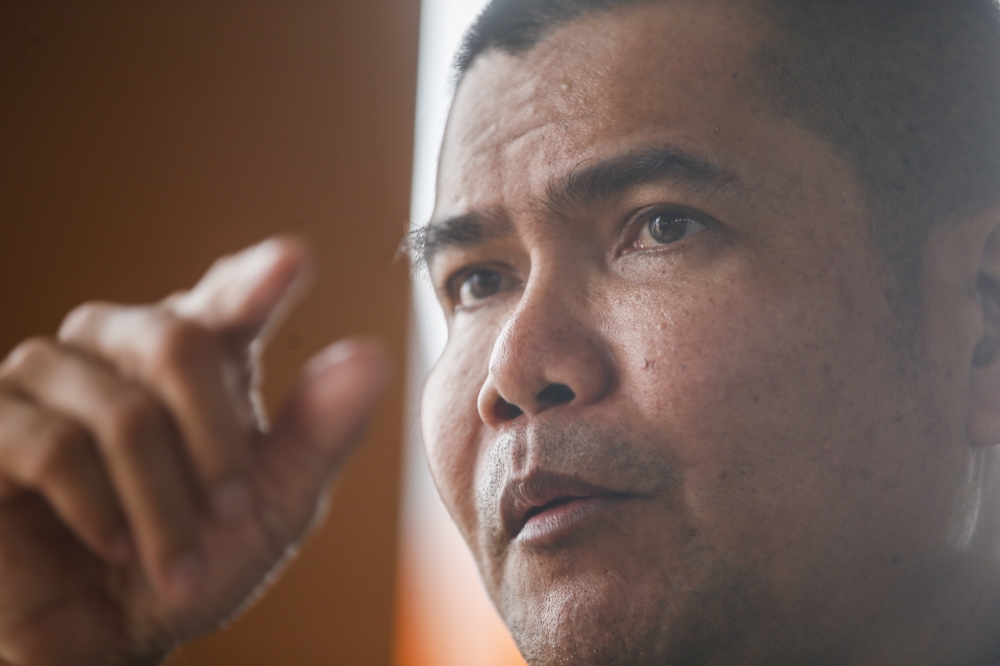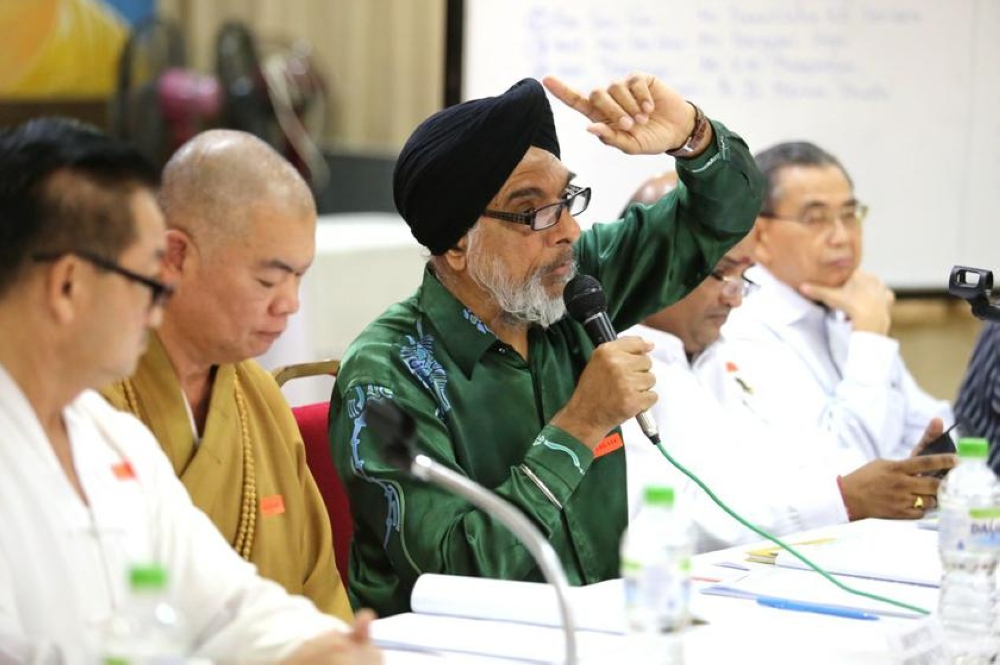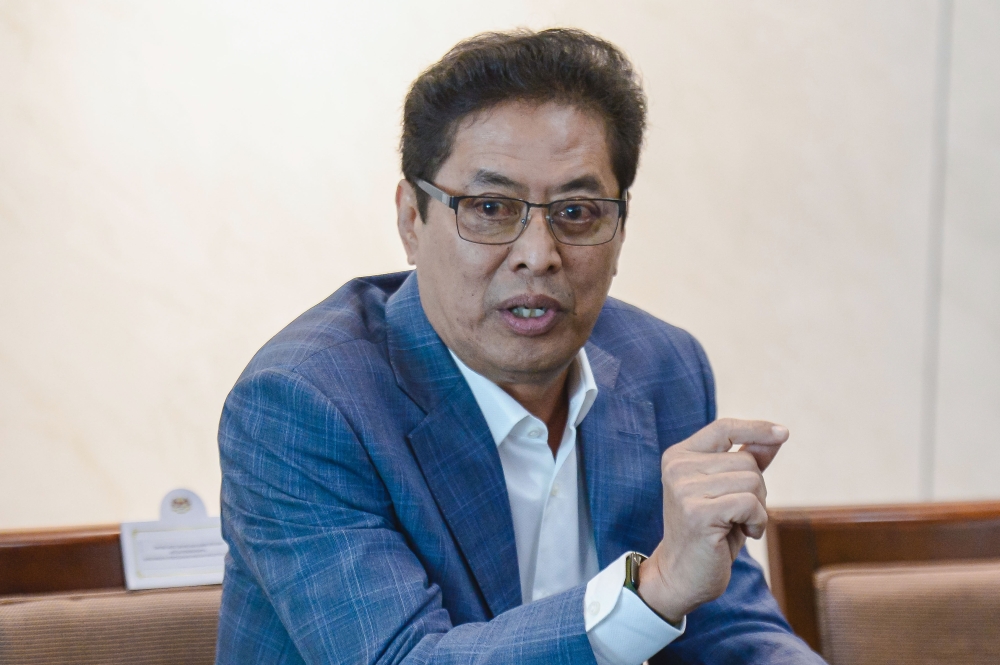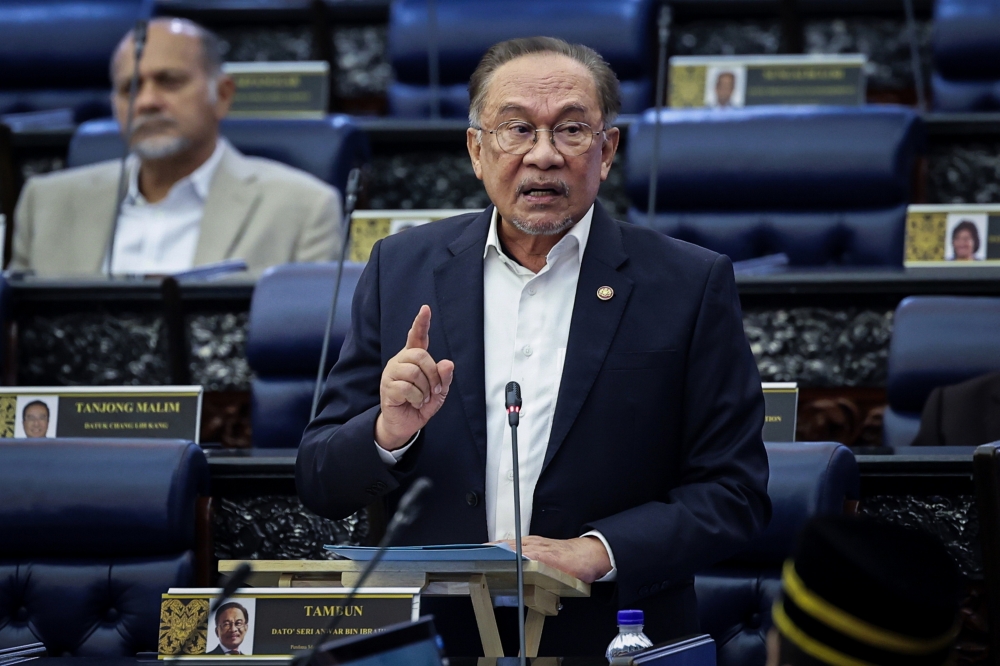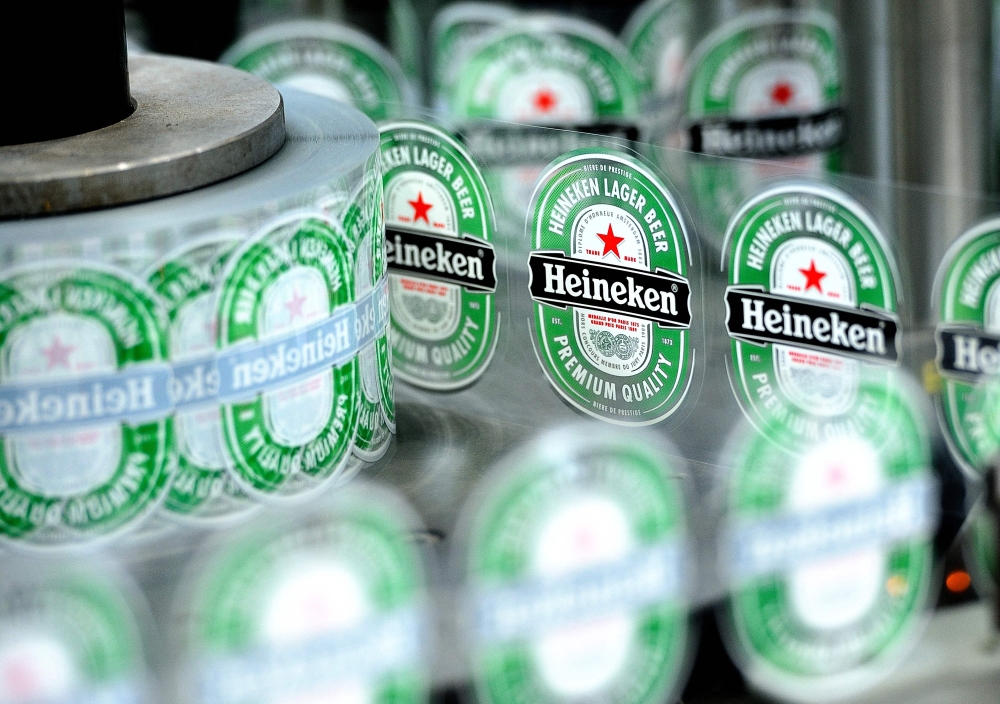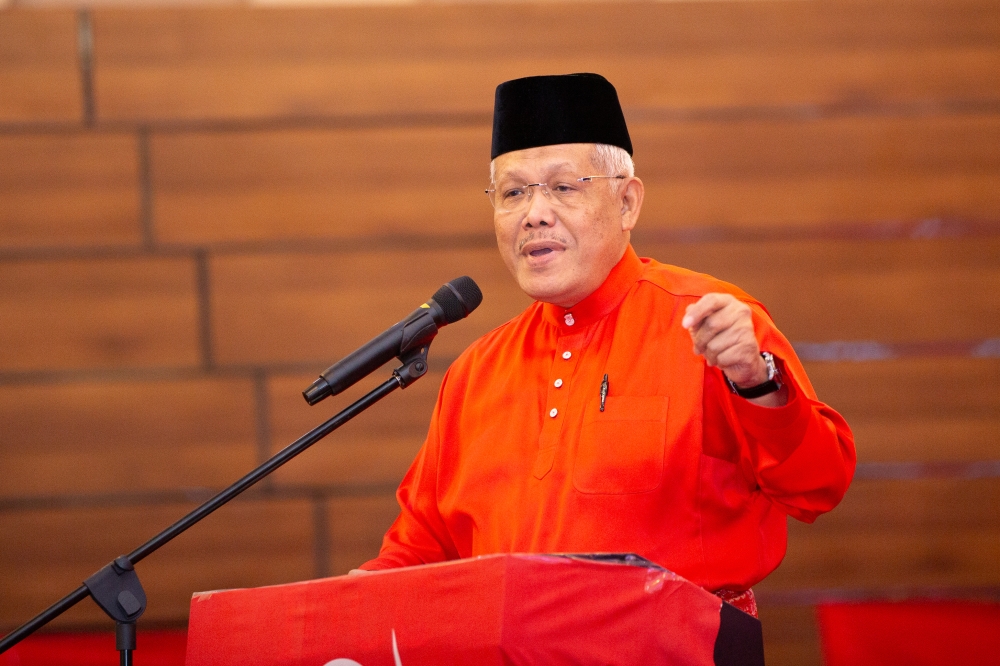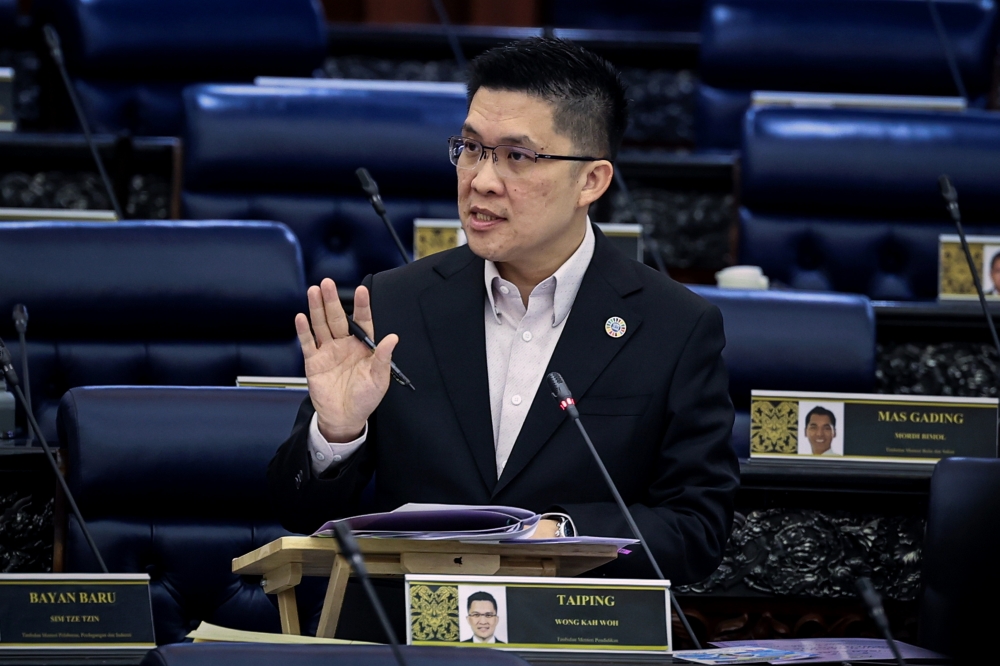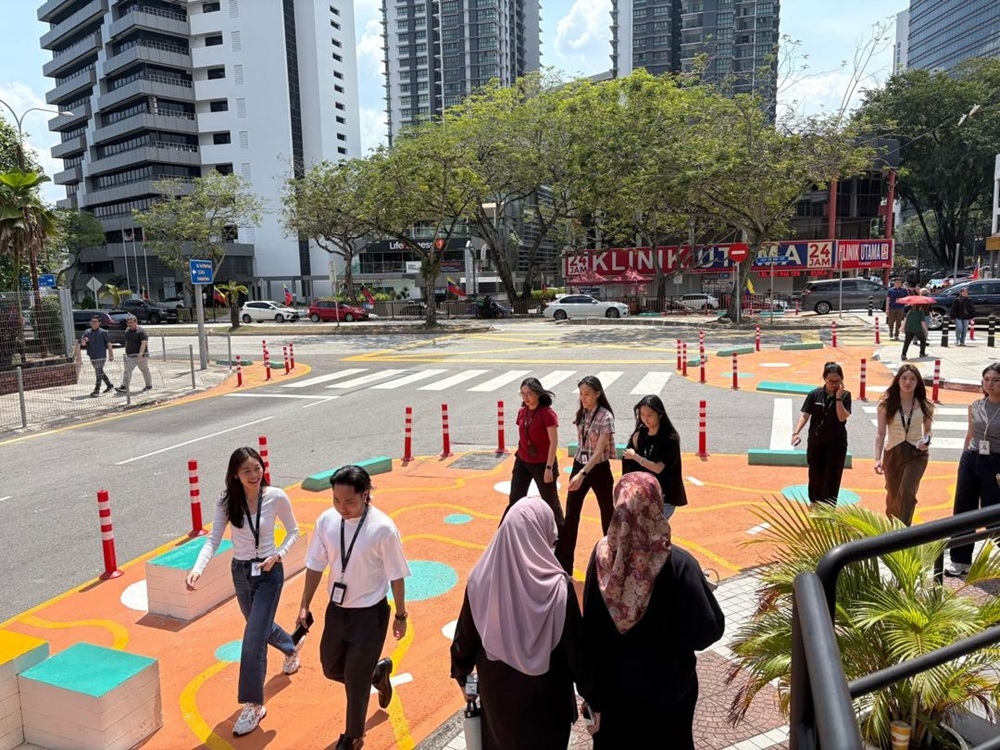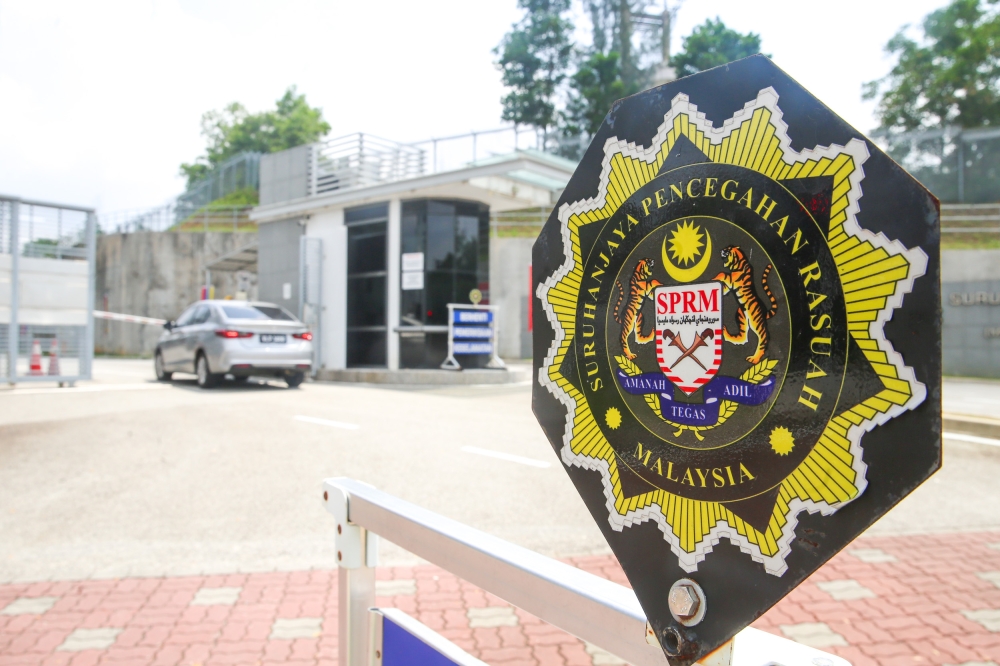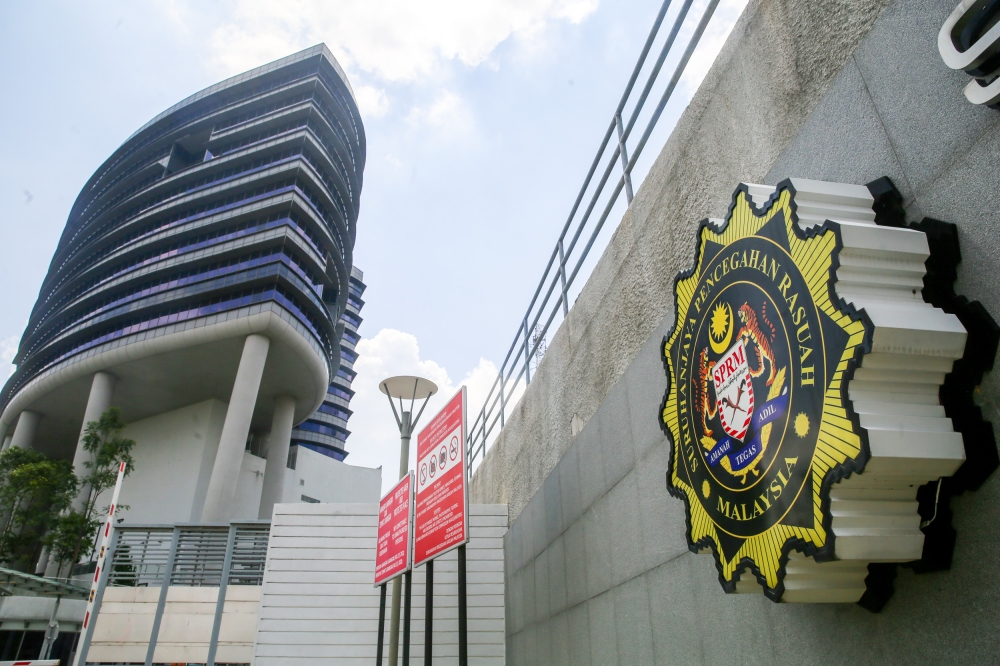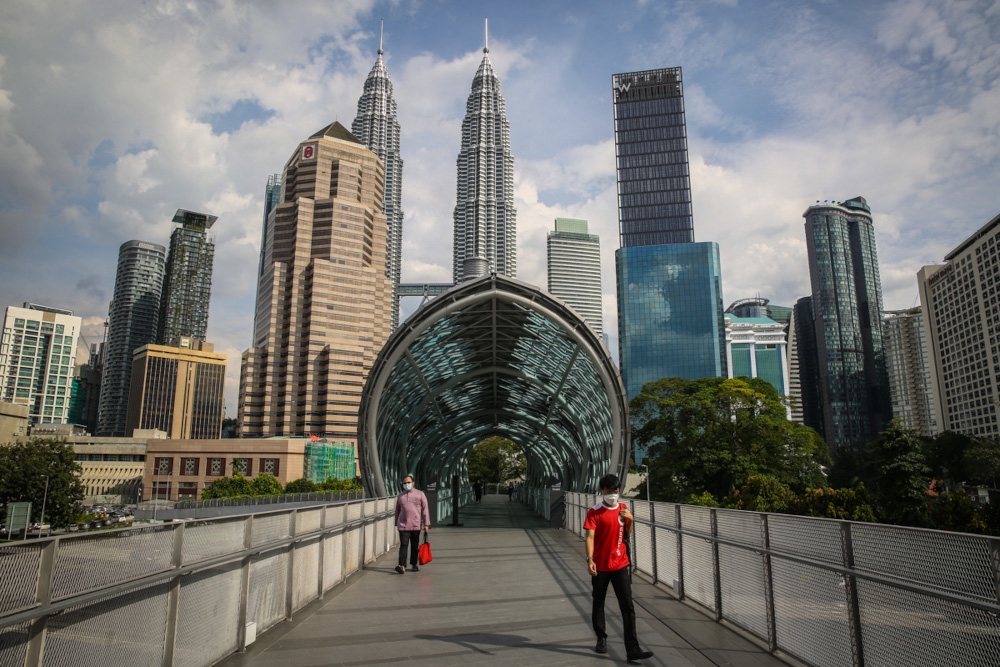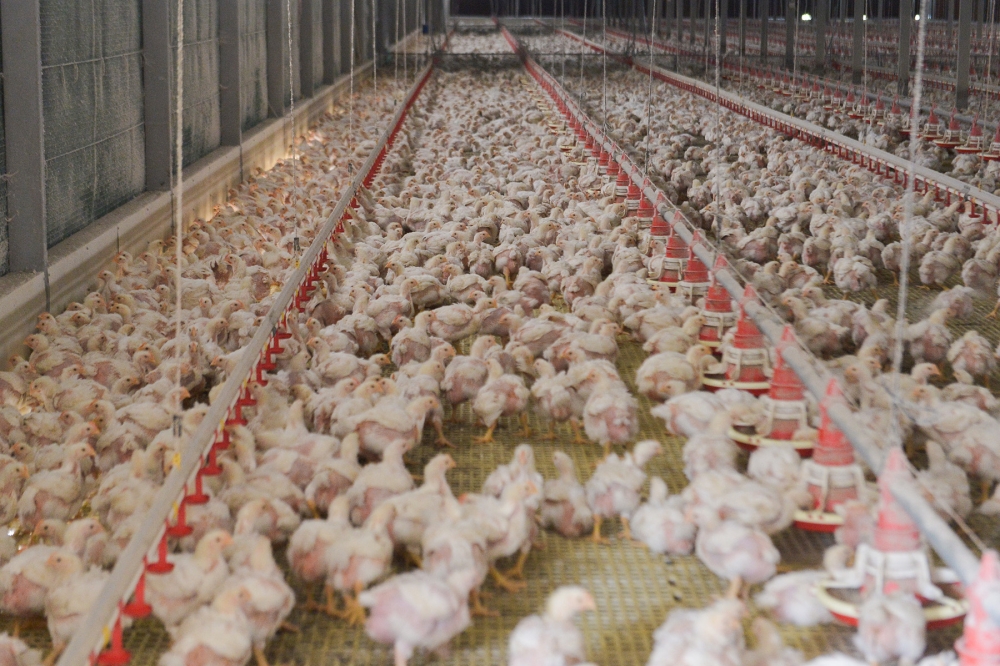JULY 23 — What’s a film these days?
The question is raised now because the minister said it’s a no-no for productions without permits.
The furore over Al Jazeera’s coverage of illegal migrants went around the bend a bit when Communications and Multimedia Minister Saifuddin Abdullah asked if the documentary producers had Finas’ (National Film Development Corporation Malaysia) approval.
Expectedly, the national film overseer reverted with no, and now a different discussion ensues. Plus, separately, the police probed the Middle-East news agency on the latest “misstep.”
Is governmental content approval the new normal?
Al Jazeera’s Locked Up in Malaysia’s Lockdown and even Gerakbudaya’s publication Rebirth: Reformasi, Resistance, And Hope in New Malaysia possess strong political or social overtones and are well discussed elsewhere. At the same time, it’s to be reminded, defamatory laws can be availed by government and private citizens.
However, the column today is fascinated with the very nature of content control in Malaysia and the belated effort to curtail it. Is it a non-starter?
Content now
In the Eighties, there was abuse on TV. It was the slew of home videos-aggregating shows, which involved staples of fathers falling face first on water slides, cats catching olive bottles or permutations of them.
People caught stupid with their Japanese-made toys and sent it out to TV producers for their 15 minutes of fame.
While sales of camcorders grew, the platforms to “show the world” were limited. Screen time was not cheap nor was owning a TV station.
The Internet changed that. Long before YouTube went live in 2005.
Thereafter, improved camera-function of mobile phones turned the free content-upload pathway into a celestial highway.
Today, feline-world abuse is on twenty-four-seven but fortunately click options are by the millions too — so that cat videos can be feverishly avoided.
But more to the point, the proliferation of self-publication tools, meaning social media, has made content omnipresent.
Therefore, is the government doing itself more of a disservice by imposing obsolete pre-conditions for content?
This is not to say the government can’t prosecute or go after dangerous content; broader society agrees on those. Or to impose loose community standards on nudity, violence, hate and gore. That’s par for the course.
However, the idea that there are absolute truths and the government is likely to possess them more than the rest and therefore deserves to control others with its approved truths, is a relic of the past.
Sure, it’s a challenge to tell news from an overzealous school report, but that is the world we live in.
Governments need to adapt not domineer.
Before
Amir Muhammad’s The Big Durian had a private viewing at our alumni building back in 2005.
The 2003 documentary was disallowed theatrical release but seven dudes sitting in a living area transfixed on a home-entertainment system was fine — with the director present to speak about it after. It was the very definition of low-key.
Those days, Lembaga Penapis Filem(LPF), the censors under the home ministry, could end the commercial dreams of content producers like in the case of The Big Durian.
Not that Amir felt a retelling of the social climate in the 1980s around a lone gunman unflattering to the government was going to be embraced with arms wide open by the LPF.
But readers can embrace it here since it has been uploaded to YouTube.
Many faced the same predicament, but the options are mushrooming now.
The producers of KL24: Zombie, albeit a horror-comedy, met the same resistance in 2017. They duly released it online for free.
But with Netflix changing the movie-experience elsewhere, LPF’s time to be the purveyor of Malaysian values here is numbered.
Infinite content, infinitely discontent
Here are the factors.
People can produce content freely, load it freely and can share it easily. Children can use VPN if they want to circumvent state electronic fencing. More so, children could soon fence their parents in using their hand-held devices in years to come.
The future of content is the utter democratisation of it. Warts and all.
Media companies grapple with practical problems in an ocean of content like how to fit in with their commercial proposition, let alone have the time to obsess censors’ pet-peeves. Alternative as an adjective for media is superfluous.
What was citizen journalism in another lifetime is not dissimilar from news from trained professionals today. The term is outdated, for anyone willing to report in a way people want to read is a journalist. Speed and video clarity trumps accuracy and contextual story-telling.
Content continues to be a flood which refuses prisoners.
Waves of vital developments are swept aside by tsunamis of social outrage suitable for film.
The minister may have thought going after the lack of permit might be a clever way to prosecute Al Jazeera but it ignites questions across the spectrum. Because the majority of Malaysians produce content, much of it on film. Whether on Facebook, YouTube, Instagram, TikTok or WeChat, it’s on.
And they speak about their own situations and much of it varies from the government’s version of what’s on.
The government may perhaps be encouraged by these convergences, that as things spiral out of control and the hard rain continues, the demand to have checks and permissions is even more pressing.
This is when the generational divide shows. To those growing up in that Malaysia, it is only a return to the familiar. Safer. To the young, who have never been thumbed down by Big Brother it is an anathema. They feel the spacecraft left the bay a long time ago. It’s time to facilitate not control — which is a non-starter.
Mark the words here, controls, permits and ministries of truths are fools’ errands. Adapt or capsize.
* This is the personal opinion of the columnist.


